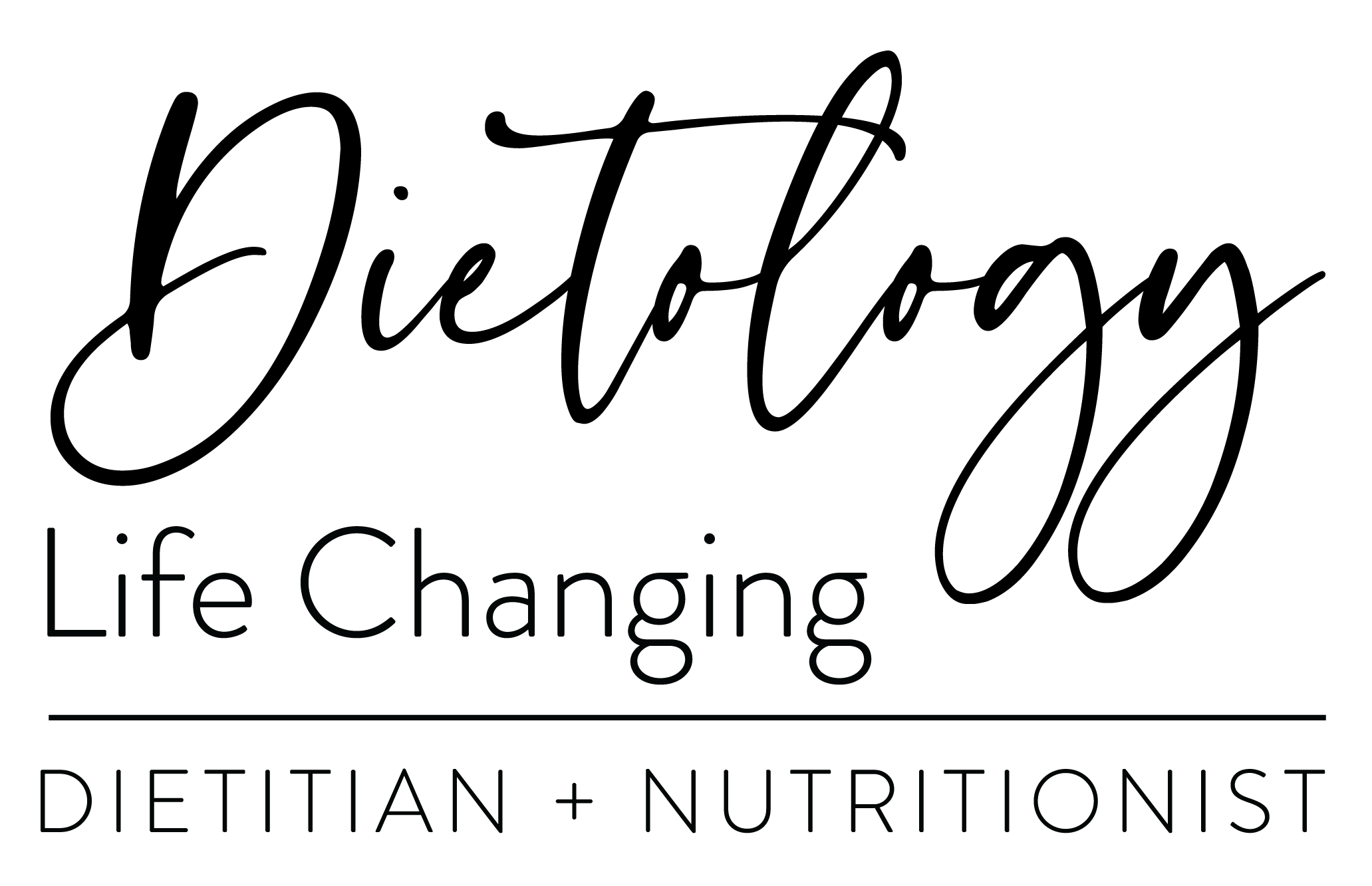Navigating Fertility Challenges with Hashimoto's Thyroiditis: A Dietician's Guide
If you are looking to start a family, Hashimoto's Thyroiditis, an autoimmune condition affecting the thyroid gland, can have profound effects on various aspects of your health, including fertility.
If you are trying to navigate Hashimoto's and fertility challenges, the guidance of a specialised dietician can provide a pivotal role.
Understanding Hashimoto's Thyroiditis and Fertility
Hashimoto's Thyroiditis is when the immune system mistakenly attacks your thyroid gland, leading to inflammation and, over time, potential damage. The thyroid, a small butterfly-shaped gland in the neck, plays a crucial role in regulating hormones that influence various bodily functions, including metabolism and fertility.
The intricate balance of hormones disrupted by Hashimoto's can impact your menstrual cycles, ovulation, and overall reproductive health. Additionally, the inflammation associated with the condition may contribute to hormonal imbalances, making conception more challenging if you have Hashimoto's.
The Role of a Fertility & Thyroid Dietitian
An accredited practicing dietitian, specializing in autoimmune conditions and fertility can be a valuable asset for you, in managing your Hashimoto's and its impact on your fertility.
By tailoring a personalized dietary plan for you, a dietician can address nutritional deficiencies, support your immune system, and promote hormonal balance, ultimately creating an environment favourable to fertility.
Dietary Changes for Hashimoto's and Fertility that can be Tailored for You
An Anti-Inflammatory Diet
Emphasizing foods rich in omega-3 fatty acids (fatty fish, flaxseeds, chia seeds) to reduce inflammation.
Including a variety of colourful fruits and vegetables for antioxidants, which combat oxidative stress.
2. Balancing Micronutrients
Ensuring a well-balanced intake of carbohydrates, proteins, and healthy fats to support your overall health and hormone production.
3. Nutrient Rich Foods
Incorporating foods high in selenium (Brazil nuts, sunflower seeds), zinc (pumpkin seeds, chickpeas), and iodine (seafood, dairy) to support your thyroid function.
4. Gluten Free and Dairy Free Options
Some people with Hashimoto's find relief from symptoms by eliminating gluten and dairy, which may contribute to inflammation.
If you can relate to this, a specialised dietitian can tailor these options for you, to ensure you do not develop any nutritional deficiencies when eliminating these food groups.
5. Gut Health
Maintaining a healthy gut microbiome is important for your overall health and immune function. A specialised dietitian can provide guidance on incorporating prebiotics, probiotics, and fermented foods to support your gut health.
Gut health is closely linked to auto-immune conditions and overall wellbeing.
6. Supplementation
Working with an autoimmune and fertility specialised dietician can determine if supplements such as vitamin D, B vitamins, and omega-3s are necessary to address any specific deficiencies you may have, associated with Hashimoto's, and to optimise your chance of conception.
Specialised Nutrition For You
While navigating the complex interplay of Hashimoto's Thyroiditis and fertility can be challenging, a well-designed dietary plan crafted for you by a specialised thyroid and fertility dietician can provide the foundation for optimising conception.
By focusing on anti-inflammatory, nutrient-dense foods and addressing your individual needs with Hashimoto's, proactive steps can be taken towards optimizing your fertility and promoting overall well-being.
Consultation with a healthcare professional and a registered dietitian is crucial to tailor interventions to your individual health needs, and ensuring a holistic approach to managing your Hashimoto's and fertility challenges.

